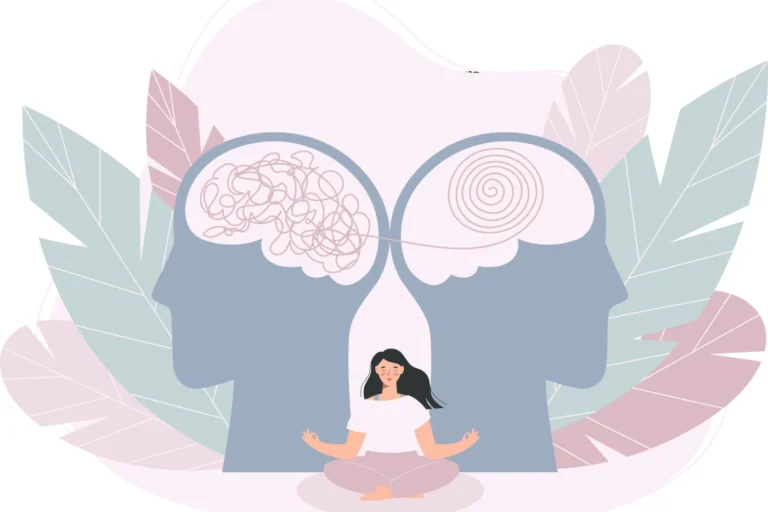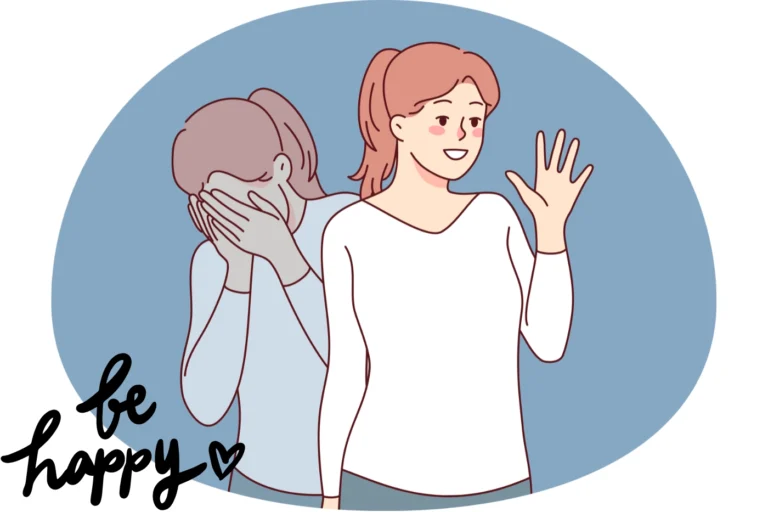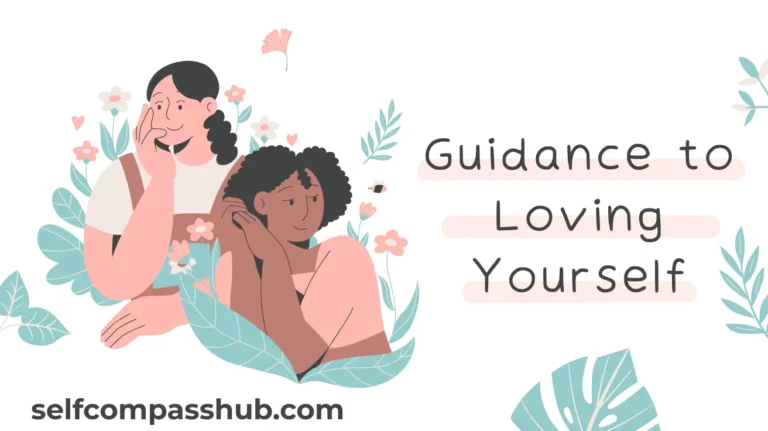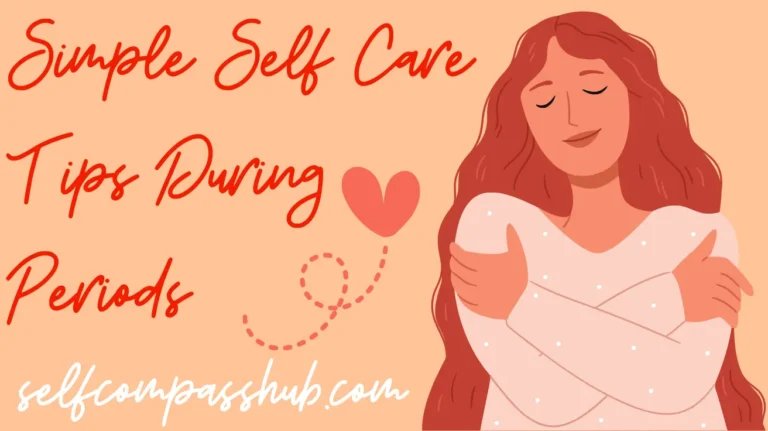Hey there! I know life gets crazy sometimes. Between work deadlines, family obligations, and that ever-growing to-do list, it’s easy to put your mental health on the back burner. I’ve been there too.
That’s why I created this 30-day mental health challenge. Nothing overwhelming, just one small, doable action each day. Because honestly? Those tiny steps add up to big changes over time.
Try these out, mix them up, make them your own. The goal isn’t perfection – it’s progress.
Day 1: Write down three things you’re grateful for
Take five minutes before bed to jot down three good things from your day, no matter how small. Maybe it was the perfect cup of coffee or a text from an old friend. Training your brain to notice the positives can shift your entire outlook.
Day 2: Go for a 15-minute walk without your phone
Just you and the world around you. Notice the trees, the sky, the buildings, whatever’s in your path. Feel your feet hitting the ground with each step. Sometimes disconnecting is the best way to reconnect with yourself.
Day 3: Drink water first thing in the morning
Before checking emails or scrolling social media, drink a full glass of water. Your body’s been without hydration all night, and this simple act can kickstart your metabolism and energy levels.
Day 4: Call or text someone you love
Reach out just to say hi—no agenda needed. Social connections are powerful mood boosters, even for us introverts (speaking from experience!). A quick “thinking of you” message can brighten both your days.
Day 5: Declutter one small space
Pick a drawer, a shelf, or even just your wallet. Clearing physical space creates mental space too. Don’t tackle your entire home – just one tiny corner that’s been bothering you.
Day 6: Try a five-minute meditation
You don’t need fancy apps or hours of silence. Just set a timer, sit comfortably, and focus on your breathing. When your mind wanders (and it will!), gently bring it back. That’s it. That’s the practice.
Day 7: Go to bed 30 minutes earlier
Give yourself the gift of extra rest. Put your phone away, maybe read a few pages of a book, and let your body and mind wind down naturally.
Day 8: Write down your worries
Take all those swirling thoughts and put them on paper. Sometimes just seeing them outside your head makes them less overwhelming. You don’t need to solve everything – just acknowledge what’s weighing on you.
Day 9: Move your body in a way that feels good
Forget “should” or “have to” – just move in whatever way brings you joy. Dance in your kitchen, stretch on your living room floor, or take a leisurely bike ride. Your body craves movement, not punishment.
Day 10: Practice saying “no”
Decline something small that you don’t really want to do. Maybe it’s an optional meeting or a social event that feels draining. Creating boundaries protects your energy for what truly matters to you.
Day 11: Eat a meal without distractions
No phone, no TV, no laptop. Just you and your food. Notice the flavors, textures, and how your body feels. Bringing mindfulness to eating can transform a routine activity into a moment of presence.
Day 12: Write yourself a compassionate note
Talk to yourself like you would a dear friend who’s struggling. What would you say? What comfort would you offer? Keep this note for tough days when your inner critic gets too loud.
Day 13: Take a different route
Walk or drive a new way to a familiar destination. Novel experiences, even tiny ones, stimulate your brain and can break you out of autopilot mode. Plus, you might discover something cool in your neighborhood!
Day 14: Listen to music that moves you
Queue up songs that reliably lift your spirits or help you process emotions. Music bypasses our analytical brain and speaks directly to our emotional core. Let yourself feel whatever comes up.
Day 15: Spend 10 minutes in nature
Sit under a tree, watch clouds pass, or just feel the sun on your skin. Research consistently shows that nature connection improves mental wellbeing – even brief exposures can lower stress hormones.
Day 16: Do something creative without judgment
Doodle, write a haiku, rearrange your furniture – anything that sparks creativity. Don’t worry about the outcome; enjoy the process of making something that didn’t exist before.
Day 17: Practice deep breathing for one minute
Breathe in for four counts, hold for four, exhale for six. Repeat. This simple pattern activates your parasympathetic nervous system, telling your body it’s safe to relax.
Day 18: Compliment someone sincerely
Notice something you appreciate about another person and tell them. Spreading kindness creates ripples far beyond that moment, plus it usually leaves you feeling pretty good too.
Day 19: Take a social media break
Just for today, delete the apps from your phone or log out of your accounts. Notice how you feel without the constant updates and comparison traps. What do you do with those extra moments?
Day 20: Try a new healthy recipe
Nourishing your body is part of caring for your mind. Find something that sounds delicious AND nutritious, and enjoy the process of creating it. Bonus points for mindfully savoring each bite!
Day 21: Identify three personal strengths
What are you naturally good at? What qualities do others value in you? Recognizing your own strengths builds resilience and can help counter negative self-talk patterns.
Day 22: Take a different kind of bath or shower
Turn your normal routine into a mini-spa experience. Maybe add epsom salts to your bath, try a new essential oil, or simply take an extra few minutes to enjoy the sensation of warm water. Small luxuries matter.
Day 23: Spend 15 minutes learning something new
Follow your curiosity! Look up that random question you’ve had, watch a tutorial video, or read an article about something outside your usual interests. Lifelong learning keeps your mind flexible and engaged.
Day 24: Write down three wins from your day
Before bed, acknowledge three things you accomplished, no matter how small. Finished that report? Win. Remembered to floss? Win. Got out of bed on a tough day? Definitely a win. Celebrating small victories builds momentum.
Day 25: Practice gratitude for your body
Thank your body for something it does for you – carrying you through your day, healing that paper cut, digesting your food. Our relationship with our bodies can be complicated, but appreciation helps.
Day 26: Send a kind message to yourself
Set a reminder with an encouraging note to pop up during a typically stressful part of your day. Be your own cheerleader when you need it most.
Day 27: Spend time with a pet or watch animal videos
The human-animal bond reduces stress hormones and increases oxytocin. If you don’t have a pet, volunteer at a shelter or simply enjoy some cute animal content online—the positive effects are real!
Day 28: Do a digital cleanup
Unsubscribe from emails that no longer serve you, clear out old photos, organize your desktop. Digital clutter creates mental noise just like physical clutter does.
Day 29: Try box breathing during a stressful moment
When tension rises, breathe in for four counts, hold for four, exhale for four, hold for four. Repeat. This technique is used by everyone from Navy SEALs to anxiety therapists because it works.
Day 30: Reflect on your month
Look back at these 30 days. Which practices felt most helpful? Which might you continue? Remember that mental health isn’t about perfection – it’s about finding what works for you and returning to it again and again.
Remember, you don’t have to do these perfectly or in order. Skip what doesn’t resonate, repeat what feels good, adapt everything to your unique life. Mental health isn’t one-size-fits-all.
The most important thing? Be gentle with yourself along the way. Small steps forward -even with occasional steps back – still lead to progress over time.
Which of these are you most excited to try first? I’d love to hear how it goes!






